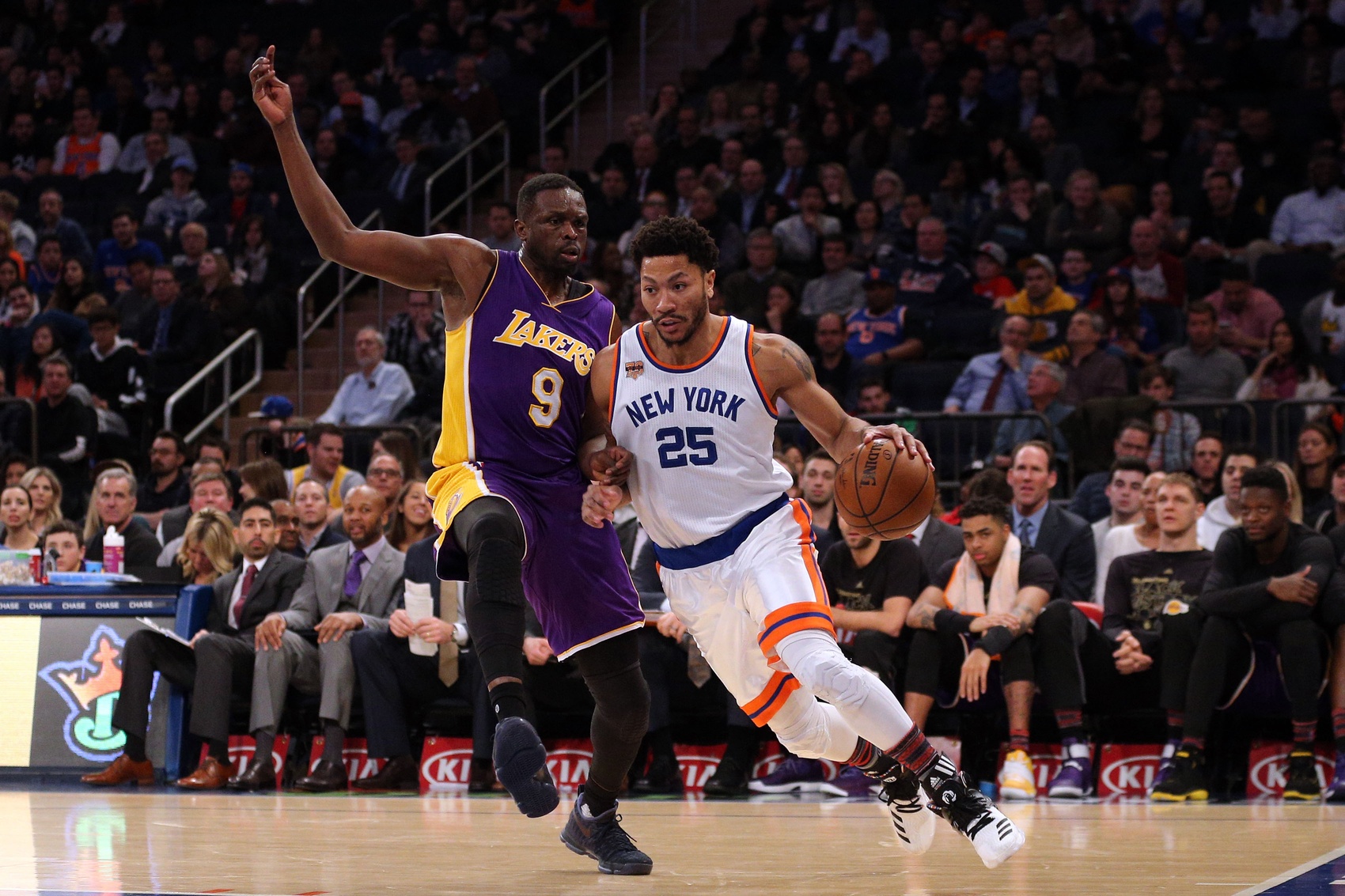
Luol Deng, four years, $72 million, Los Angeles Lakers

Now for part two of the Lakers’ disastrous 2016 offseason: Luol Deng.
Like Mozgov, Deng was shut down midway through the season as part of the team’s effort to tank. And, like Mozgov, this signing looks as terrible now as it did at the time it happened, for largely similar reasons.
In the first year of the deal — supposedly the best, as Deng is now 31 years old — the veteran barely averaged 10 points per 36 minutes. He shot below 40 percent from the field and a terrible 31.1 percent from three. He had a 1.72 assist-to-turnover ratio, a well below-average 10.1 PER and a -2.5 box plus-minus. Again, this was supposed to (and will likely be) his best year with the Lakers.
Deng’s contract has the same effect on cap space as Mozgov’s and is just as hard to trade. Within the Lakers’ rotation, his presence isn’t quite as stifling, but Brandon Ingram should be getting the bulk of the minutes at small forward. There’s also a chance, however slight, that the Lakers end up with Josh Jackson or Jayson Tatum in the draft, small forwards both. If they end up with point guards Markelle Fultz or Lonzo Ball and re-sign Nick Young, the ripple effect could force Young to small forward full time.
In either scenario Deng is the obvious odd man out in the rotation, but his contract makes it impossible to bench him. More likely, the Lakers end up letting Young walk in free agency (which makes it all the more stupefying that they didn’t trade him in February). Even if re-signing him was feasible from a rotational standpoint, his pay raise would further hinder the Lakers’ ability to sign a superstar, another ripple effect of Deng’s contract.